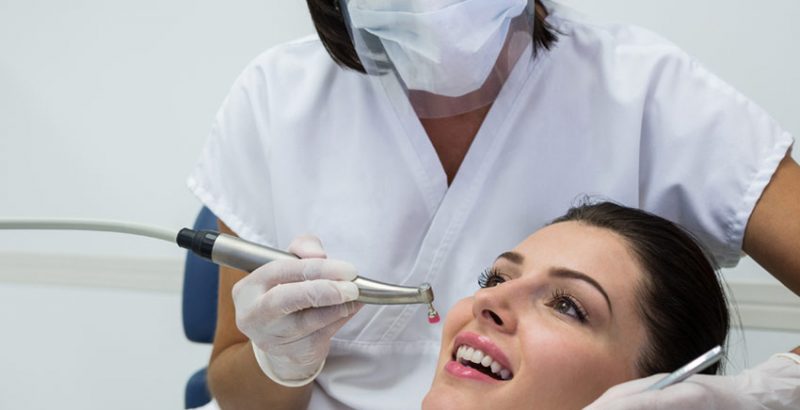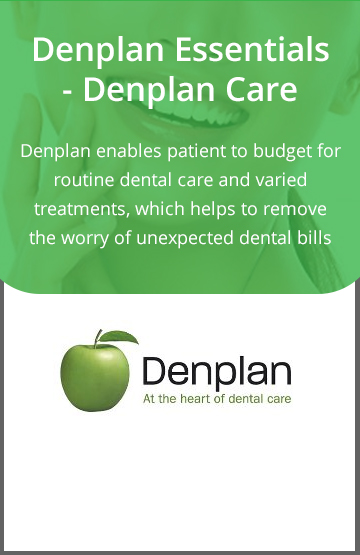Dental hygiene is a very important part of keeping a healthy smile.
Our hygienist is specifically trained in the prevention of periodontal (gum) disease and dental cavities. She is keen to re- educate patients with regards to the use of toothbrushes, electronic aids, dental floss, super floss and inter-dental brushes.
She will carefully examine and chart your teeth and gums noting in particular: inflammation, bleeding, swelling, and the presence of plaque and calculus. She will remove plaque, tartar and surface stains by gentle scaling using ultrasound scaler tips and/or handscalers and polishing using slow handpieces and prophylaxis paste.
The importance of dental hygiene cannot be stressed enough on a number of levels: for healthy teeth and gums that prevents tooth decay and gum disease; to reduce discomfort and pain from damaged teeth and gums; for whiter teeth and a brighter smile; for improved appearance and enhanced confidence; and for learning about your physical oral make-up and how vital this is especially for first impressions when meeting others. Bad breath or stained and broken teeth can be off-putting to people when interviewing for jobs or meeting potential partners. Dental hygiene also helps you understand the benefits of a healthy diet, such as fruits, vegetables, high-fibre foods, and milk; and balanced life-style, such as not smoking tobacco or reducing intake and protection in high-contact sports, that improves overall wellbeing. Last but not least there are quite a few medical researchers who link gum problems with heart problems and stress the importance of a meticulously clean mouth especially for high risk patients.
Learn more on Dental Hygiene…
Your dentist and/or hygienist are trained in oral hygiene and will advise you on how best to take care of your teeth and the treatments that you may need. The Internet also has vast resources for learning more about your teeth and gums, and so do books at the library. Feel free to bring your questions with you to your next appointment.
Depending on a number of parameters hygiene visits may be advised as often as every three months or for very low risk annually. For most patients seeing the hygienist every 6 months is a very good routine.





